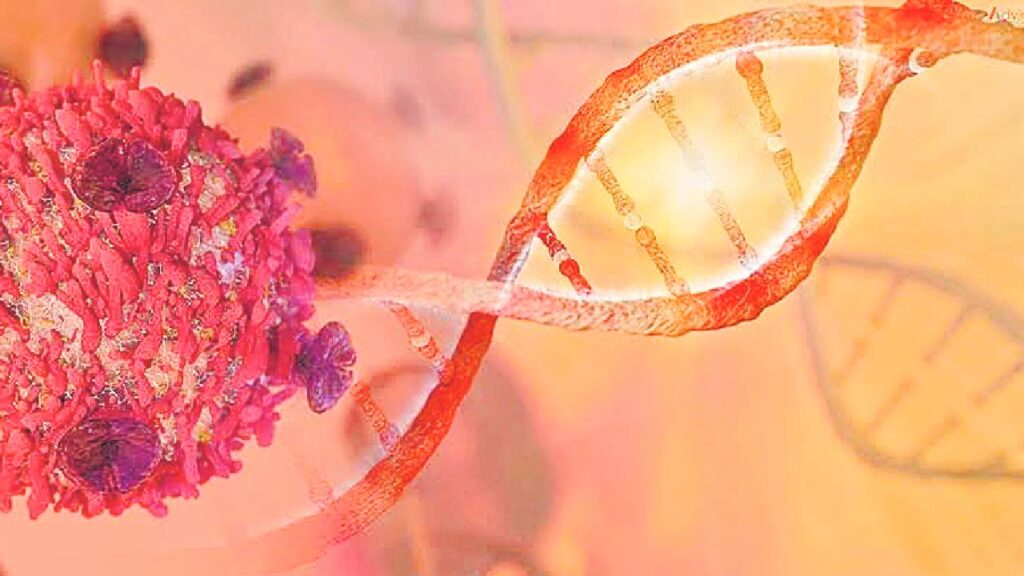Cancer diagnosis can be fatal, and the idea of surgery and the treatment process sometimes frightens the patient more, adding more anxiety.
People often come across various sites and people’s stories that aren’t true and are full of myths that don’t motivate them to go ahead with the process and cloud them with the fear of severe complex consequences.
Myth 1: Surgery causes cancer to spread
This is one of the most common myths circulating everywhere: that exposing cancer to air can cause it to spread.
But that’s nothing; in reality, surgery is important to remove the tumours and prevent further spread. The doctors or surgeons follow strict, well-trained procedures to minimise the risk of spreading cancer cells during operations. By any chance cancer spreads after surgery, it’s usually because the diseases or the carcinogens have already grown before it was detected.
In his efforts to raise awareness, Dr.Bansal regularly conducts educational sessions, particularly among students, to address preventable cancers and promote early intervention
Myth 2: If cancer is removed, there is no need for further treatment
People often think that if the cancer is removed, then there will be no further treatment required. But in a few cases, the microscopic cancer cells may remain

Additional treatments like chemotherapy, radiation, or immunotherapy are often suggested after the first surgery to reduce the risk of recurrence.
Myth 3: All cancer surgeries are highly invasive
The advancement in medical technologies for advanced ways of surgery and the tools they use have minimised the invasion of cancer.
Techniques like laparoscopic and robotic-assisted surgery allow for smaller incisions, less pain, and a faster rate of recovery, and of course complications. Not all cancer cases need large surgeries.
Myth 4: Recovery is always long and painful
This thing varies from person to person, the type of surgery they did and also their overall health.
Many patients are happy to see how manageable operative pain can be with proper medication and care. The enhanced recovery programmes and better anaesthesia practices have vastly improved healing times and patient comfort.
(The author, Dr. Arpit Bansal, is a Laparoscopic Cancer Surgeon and Health Advocate.)




